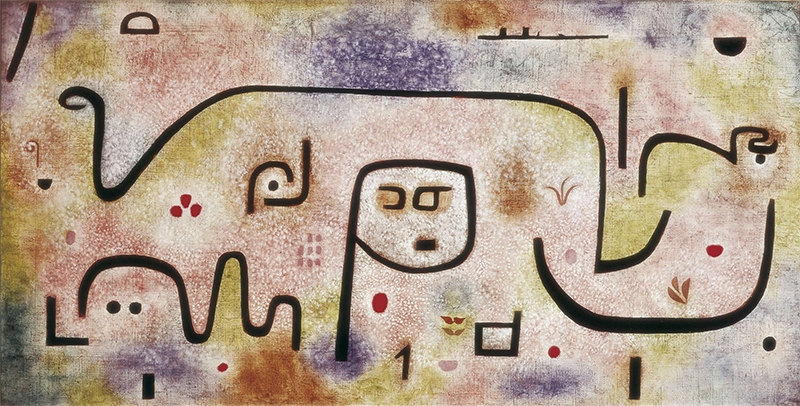There are many who wonder what really happens in a music classroom. What can be gained from this time spent when there is so much else to learn to create a successful life? While the music classroom can be great fun, providing a profound sense of connection as well as freedom, it’s importantly a place where students, regardless of age or level, can develop skills that will guide them through the challenges of living and succeeding in the 21st century. The benefits are numerous, but let’s focus on three.
Music can be—
[sws_checklist]
- A driving force behind intuition.
- An enjoyable, disciplined experience.
- A remarkable enlivening of the human spirit.
[/sws_checklist]
“It occurred to me by intuition, and music was the driving force behind that intuition. My discovery was the result of musical perception.”
~ Albert Einstein (when asked about his theory of relativity)

A 2010 Psychology Today “Imagine That!” article written by Michele and Robert Root-Bernstein examines how Einstein would often “take refuge in music,” and he even claims that “he often thought in terms of musical architectures.” Music moves through time and space creating physical and emotional sensations and feelings of tension, release, joy, and sorrow, all without a single word. The vibrational frequency created by the instruments or voice, along with larger vibrations of resonance, move through time creating moment after moment of sensation and feeling during a piece of music, finally leading us to a sense of the whole at the end of the work. In the music classroom, we learn to listen deeply and in ways we might never have previously thought possible. Imagination, thinking in space and time, and listening to your intuition are all strengths needed in the world we live in today. In fact, recent writings, conversations, and observations about success in the 21st century are even beginning to describe the word entrepreneurship as a mindset, rather than what many of us might previously have defined as a project or company.
“The pleasure we feel in music springs from the obedience which is in it.”
~ Henry David Thoreau
 Paul Klee (1879-1940), Insula dulcamara, 1938
Paul Klee (1879-1940), Insula dulcamara, 1938
Klee was a musician for most of his life, often practicing the violin as a warm-up for painting. He naturally saw analogies between music and visual art such as in the transient nature of musical performance and the time-based processes of painting, or in the expressive power of color as being akin to that of musical sonority. In his lectures at the Bauhaus, Klee even compared the visual rhythm in drawings to the structural, percussive rhythms of a musical composition by the master of counterpoint, Johann Sebastian Bach.
See Paul Klee at TheArtStory.org
When we’re actually involved in the process of creating music, we sense and feel the motion but we’re also fully engaged within the structure, working our way through the work, all along knowing how the overall architecture influences the expression of each moment. Performing music requires a tremendous amount of focus on many things all at the same time. There is a great need for skilled self-control and restraint; however, the rewards are extraordinary as Einstein is quoted as having experienced.
“Music is a higher revelation than all wisdom and philosophy. Music is the electrical soil in which the spirit lives, thinks and invents.”
~ Ludwig van Beethoven
Every day through the internet, media, and traditional learning environments, we’re told what we should want, what we really need, and what we should do. These piece by piece bits of advice are not very meaningful without a larger understanding and context. The knowledge that’s gained throughout a musical composition—the combination of moment to moment feelings and sensations—deepens our understanding, not only of the individual moments but how they all fit together. This blend of musical moments in time and space helps you make connections between things. It helps you to appreciate the richness and diversity of all of the information and ideas we hear every day. Music can influence how we respond to situations and events in our lives; it can affect our emotions, our behaviors, and how we view our memories.
Einstein said, “If I were not a physicist, I would probably be a musician. I often think in music. I live my daydreams in music. I see my life in terms of music.” We can all learn to experience and benefit from the many lessons in music.
—Pat
Sign-up for the Arts Awareness eNewsletter and receive a free gift “Three Lessons to Begin to Make Artistic Principles Work for You in Fascinating Ways.” Like Arts Awareness on facebook.